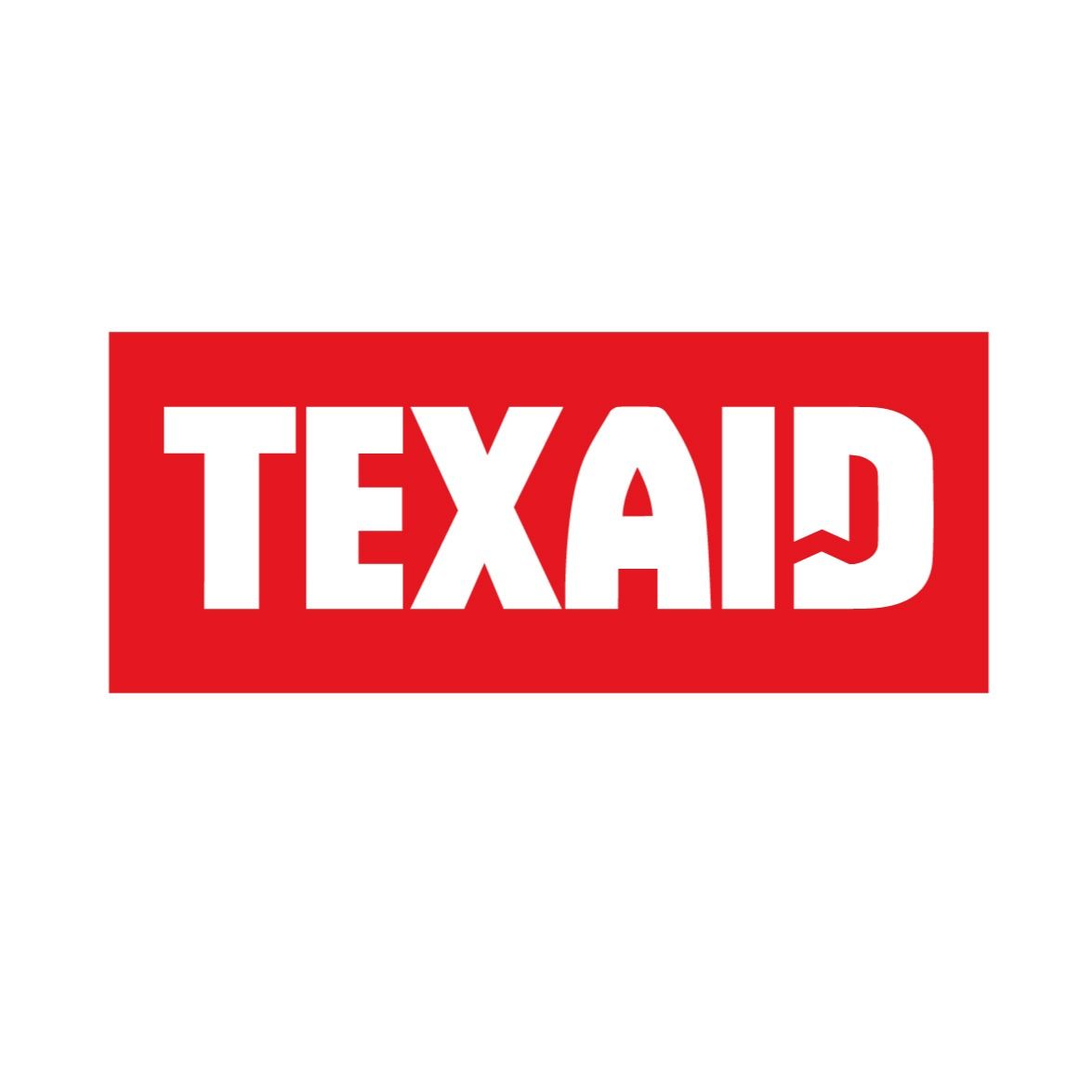Approved by curator

Added: Oct 01, 2020
Last edited: Apr 13, 2023
TEXAID is a Swiss-based solutions provider for the collection, sorting, and recycling of clothing, shoes, and home textiles. The company works with retailers and other partners to facilitate the creation of closed loop systems and address brand-specific challenges to circularity in the textiles industry. It also supports research endeavoring to further close the textile production cycle. In its 40+ years of operation, TEXAID has built well-established operations systems and an extensive network of actors all working to enable circular textile chains.
A huge amount of clothes and shoes are sold around the world every year - almost 150 million tonnes. This waste often end up in landfills or is incinerated, instead of being recycled or reused. Not only is this a waste of valuable resources, but causing serious harm to our environment. Key reasons for this are low awareness among consumers as well as a lack of infrastructure allowing for collection in many countries. The linear supply chain approach based on a take-make-waste business model is not sustainable.
TEXAID offers retail solutions to brands for creating circularity within their business models. Their services include the collection, sorting, and recycling of pre- (overstock, returns, excess inventory, etc.) and post- (items recovered from brands/customers both online and in-store) consumer textile waste. Post-consumer textiles are collected through TEXAID's take-back boxes, the contents of which are then sent by brands to TEXAID or other associated partners to be managed. Additionally, some partnering brands provide digitally available shipping labels to customers on their websites so that they may ship their items directly to a TEXAID facility.
The collected goods are then sorted both by manual and mechanically aided means. During the manual process, a highly trained staff checks each piece and determines its economic and ecological value based on the EU hierarchy of waste. In Switzerland, TEXAID houses voice-controlled sorting systems that ensure a high quality and accurate degree of sorting. Those items which can be kept in their original forms are resold, while non-sellable and damaged articles (about 42% of collected items) are sorted for downcycling or recycling processes. TEXAID also participates in groups working to develop sorting innovations for improved efficiency.
TEXAID curates its own physical and online resale channels with 50 stores in Germany alone for garment resale. Additionally, the company provides services to help coordinate and manage backend processes for the resale channels of individual brands, enabling them to utilize TEXAID's own developed infrastructure.
In collaboration with expert recycling partners, valuable raw materials are kept in the production cycle and damaged goods are given another lifecycle, for example, as industrial cleaning cloths. During the mechanical recycling process, garments are shredded and used as material for automotive insulation, packaging stuffing, etc. Higher value materials, such as wool and cashmere can be shredded and re-spun into new wool products.
Through its special brand partnerships TEXAID is able to integrate its services into brands' already established operations, as well as help to implement new production practices. For its partnership with French children's brand, Okaidi, TEXAID provided the feedstock for their new line of recycled cotton t-shirts.
Annually, TEXAID collects and processes approximately 90,000 tons (over 250 million pieces) of used and discarded textiles, with 60% going to resale, 15% to downcycling processes, 15% to mechanical recycling, and less than 10% to thermal recovery. No collected items are sent to landfill. TEXAID has also maintained an above-average second-hand value of about 58% during sorting. In contrast, the European industry average is between 45% and 50%.
Photo source: https://images.ctfassets.net/io3pirq6e1a9/3XLZoFKpsfaFW1p5bwaczC/99cf2d0e3c274b6cd57af5d9b3dcee48/5.jpg?w=1200&fl=progressive&q=80


Jobs
Revenue Potential
Scalability
Reduce Emissions (SDG13)
Reduce Material Consumption (SDG12)
Minimise Waste (SDG12)
Save Water (SDG6)
textile waste management
textile collection
textile sorting
waste valorization
